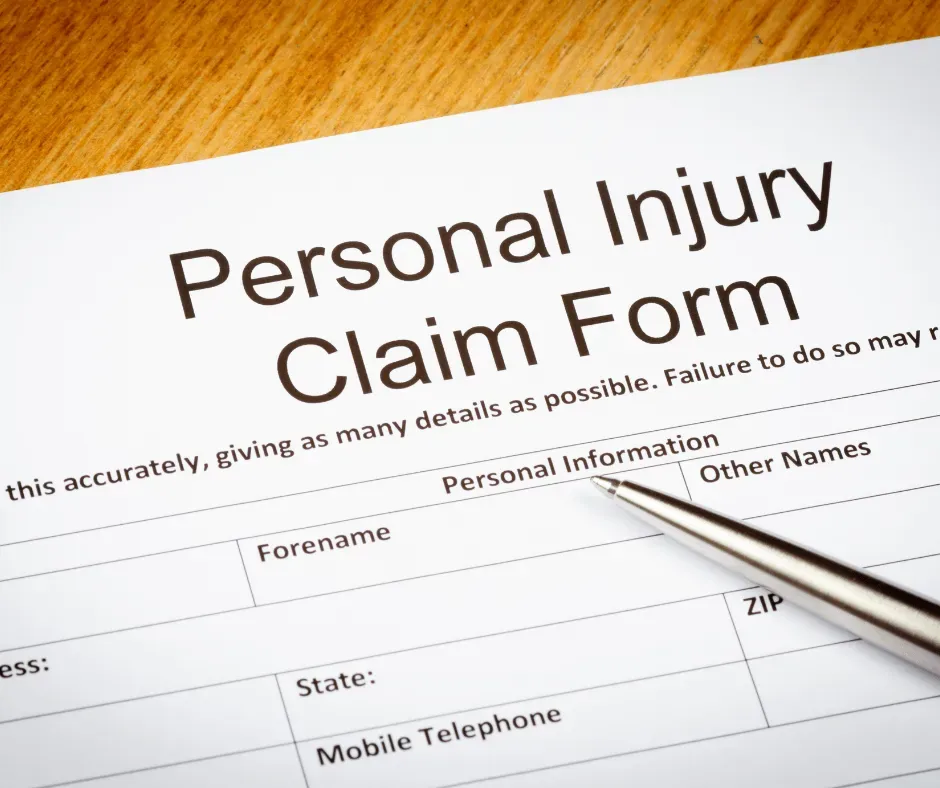Why Paying for Credit Repair Is a Mistake

As good as those ads make it sound — and as difficult — it is entirely possible to dispute errors on your credit report and get them removed on your own. There really is no need to incur the expense of contracting an agency to act on your behalf. Credit repair companies do nothing you cannot do alone, which is why paying for credit repair is a mistake.
Here’s what you need to do.
Understand Truth Is Truth
If you have a verifiable history of late and missed payments, if you’ve filed for bankruptcy protection or if you’ve had debts discharged as uncollectible, the only thing you can do to get them removed from your credit report is wait.
According to the credit reporting agency Equifax, such negative entries will stay on your credit report for seven years. On the other hand, closed accounts paid as agreed will stay on your report for 10 years. Moreover, active accounts paid as agreed stay on your report as long as they’re open and kept in good standing.
In other words, they’re not out to get you; they’re just calling a large collection of trees a forest. Anyone saying they can get factual negative information off of your report in less time is either woefully misinformed or out to scam you.
When the “Truth” Is a Mistake
On the other hand, erroneous information appearing on your credit report can be disputed and removed. Outdated information (negative entries older than seven years) can be removed by request as well.
Upon reviewing your credit reports — which you can get for free at AnnualCreditReport.com — and finding information that is incorrect or shouldn’t be there, your first step should be to contact the reporting agencies and request the information be removed or corrected. You should also contact the creditor listed as having filed the report and ask them to make the same request of the reporting bureau.
The Federal Trade Commission has a sample letter you can use to format your request at its website. Always make sure you include your full name and address and enumerate the item(s) you’re disputing. Explain why you believe the items being reported are inaccurate and supply supporting documentation to substantiate your claims.
Enclose a copy of your credit report, highlight the entry in question and formally request correction of the mistake.
Gathering Supporting Documentation
Reading this, you might have already come to the conclusion it’s important to save any documentation you have that a debt was paid in full — and you absolutely should do so. You can often get that information retroactively from the creditor, but do not solely rely on this.
If you did debt consolidation, debt management or some other form of debt relief, you can go back to the people with whom you worked and get proof that the loans were paid as agreed. Another option is going back through your bank statements and highlighting every instance of a payment you made to a creditor to show the loan was paid regularly, on time — and in full.
By the way, this is something you’d need to do, even if you paid a credit repair company to act on your behalf.
It’s All About the Report — not the Score
In most cases, the letter and the supporting documentation will be enough to get the desired action taken. In instances in which it proves insufficient, you’ll need to hire an attorney who specializes in credit matters.
Which brings us to yet another reason paying for credit repair is a mistake.
You can successfully start the process on your own and succeed. However, if worse comes to worst, you’ll need an attorney just the same. Meanwhile, attacking it yourself first — following the tips listed above — could resolve the situation at minimal expense.
Finally, keep in mind; credit repair is all about correcting your report. Your score will change for the better once the error(s) on your report(s) are rectified.
 Tagged:
credit repair reviews, credit repair services, fast credit repair, how to fix my credit myself, instant credit repair, legitimate credit repair companies, wipe my credit clean for free
Tagged:
credit repair reviews, credit repair services, fast credit repair, how to fix my credit myself, instant credit repair, legitimate credit repair companies, wipe my credit clean for free











